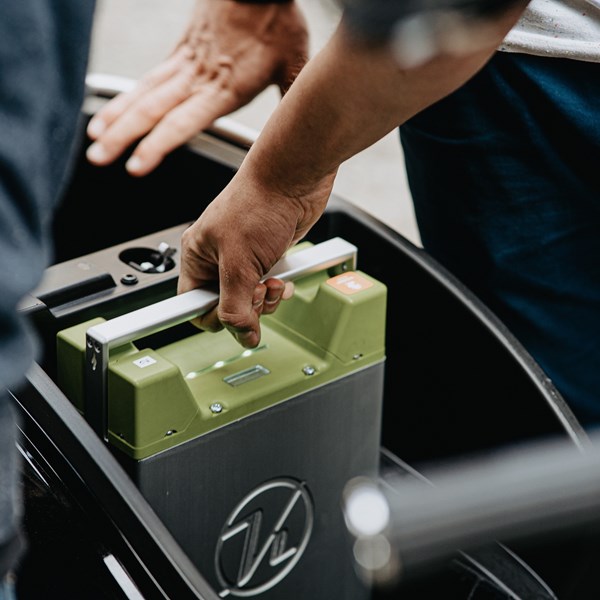In a significant development for UK patent litigation, the Civil Procedure Rules Committee (“CPRC”) has recently commenced a three-year pilot scheme, in which recoverable legal costs for mid-tier patent disputes in the High Court’s Shorter Trial Scheme (STS) are capped at £500,000. The cap hopes to provide greater financial certainty for tech SMEs and start-ups in planning and navigating litigation.
The STS, initially designed to streamline the procedure, has already accommodated high-profile patent cases involving the likes of Facebook, Voxer, Insulet, and Roche Diabetes Care. However, despite its relative efficiency, and its uptake by major industry players, unpredictability in terms of trial costs has until now proven a deterrent for cost-sensitive parties, particularly SMEs and start-ups, considering litigation.
PILOT PHASE
Implementing a cost cap involves significant adjustment of procedural rules. As is usual for a significant amendment to Court procedure, the CPRC's approval of the proposal set in motion a three-year pilot phase, which began on 1 January 2024. During this trial period, the procedural efficacy and uptake of the newly capped system, as well as any upstream impacts on patent litigation and filing trends, will be closely monitored.
BRIDGING THE IPEC-PATENTS COURT GAP: MID-TIER CASES
Originally introduced in 2018, the STS was designed to address a broad spectrum of cases brought before the Business and Property Courts of the High Court, though notably does not admit cases involving fraud, dishonesty, or those with multiple issues or parties. A large proportion of admissible STS cases relate to IP; such disputes are usually less complex than those typically heard in the High Court but have higher stakes than those heard at the Intellectual Property Enterprise Court (IPEC).
The new cost cap will automatically, and exclusively, apply to patent disputes initiated within the STS, reflecting the proposal’s specific aim to address uncertainty in the technology and innovation sectors. Setting costs at £500,000 with no limit on financial compensation by way of damages or account of profits, it caters to mid-tier patent litigation.
By comparison, the IPEC, established to hear low-value patent disputes, currently caps costs in its highest-stakes “multi-track” disputes at £60,000, with a £500,000 maximum on compensation. The Patents Court, on the other hand, establishes no universal cap at all. The STS will therefore provide a welcome middle ground for mid-tier patent claims. For such disputes, the capped STS offers claimants and defendants alike improved financial risk forecasting without limiting the scope for potential compensation.
NAVIGATING COMPETITIVE WATERS
The declining number of patent cases in UK courts post-Brexit, as well as the emergence of the Unified Patent Court (UPC) as a contender for pan-European patent disputes, makes efforts to improve the attractiveness of UK court litigation more vital now than ever. Beyond the immediate benefits for SME patentees and industry operatives navigating patent-mined landscapes, the new cost-capping system could return a competitive edge to UK patent courts vying to be the arena of choice for European patent litigation.
THE UPSHOT FOR SMEs
Cost-capping legislation should provide a firmer footing for innovators within the technology sector. It not only addresses the issue of cost unpredictability in enforcing and disputing patent rights but also enhances legal accessibility. For smaller businesses, the threat of exposure to eyewatering litigation costs has proven a major hurdle in enforcing or attacking IP rights.
Indeed, and as said above, many larger companies have in the past brought litigation in the STS, and we expect this to continue. We frequently find multinational entities litigating in IPEC, often because it provides certainty on downside risk. The STS, with the new cost cap, provides similar certainty for disputes of greater complexity.
As the pilot phase unfolds, and the implications for the UK patent litigation landscape become clearer, legislators hope that a more predictable and equitable framework reassures SMEs and start-ups that obtaining UK and European patent protection is worth the considerable investment - and inevitable risk - involved.






